July 21 stands as one of history’s most eventful days, witnessing the rise and fall of empires, groundbreaking discoveries, and moments that shaped our modern world across centuries of human achievement.
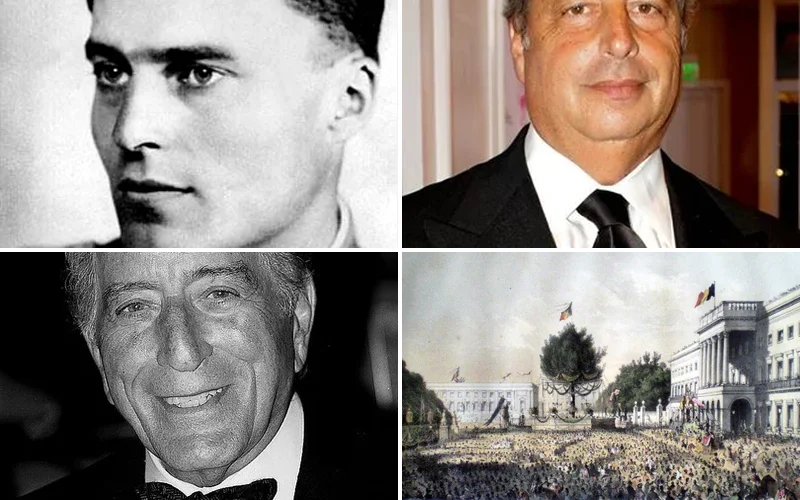
Politics and Government Events on July 21
1920 – Belfast Pogrom Begins Sectarian Violence
The expulsion of thousands of Catholic workers from Belfast’s shipyards, factories, and linen mills marked the beginning of two years of sectarian violence. This systematic discrimination targeted Catholic employees across Northern Ireland’s industrial heartland.
The pogrom’s impact extended far beyond economic displacement, deepening religious divisions that would define Northern Irish politics for generations. The violence established patterns of sectarian conflict that would resurface repeatedly throughout the twentieth century.
1949 – United States Senate Ratifies North Atlantic Treaty
The U.S. Senate formally approved America’s membership in the North Atlantic Treaty Organization, fundamentally reshaping global security architecture. This historic vote committed the United States to collective defense of Western Europe against Soviet expansion.
The ratification represented a decisive break from American isolationist traditions. NATO’s establishment created the military alliance that would define Cold War dynamics for the next four decades.
1960 – Sirimavo Bandaranaike Becomes World’s First Female Prime Minister
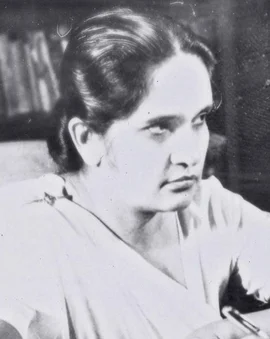
Sri Lanka’s Sirimavo Bandaranaike shattered the ultimate glass ceiling by becoming the world’s first female head of government. Her election victory represented a revolutionary moment in global women’s political participation.
Bandaranaike’s groundbreaking achievement opened doors for women’s political leadership worldwide. Her presidency demonstrated that gender barriers in the highest offices of government could be overcome through democratic processes.
1973 – Mossad Agents Kill Innocent Waiter in Lillehammer
Israeli intelligence operatives mistakenly assassinated an innocent Moroccan waiter they believed was involved in the Munich Olympics massacre. The bungled operation exposed serious flaws in Mossad’s intelligence gathering and operational procedures.
The incident created a major diplomatic crisis between Israel and Norway. Several Mossad agents were arrested, revealing the extent of Israeli intelligence operations in Europe.
2024 – President Biden Withdraws from 2024 Presidential Election

President Joe Biden announced his withdrawal from the 2024 presidential race, shocking the American political establishment. His decision reshaped the entire Democratic Party’s campaign strategy with just months remaining before the election.
The announcement triggered immediate speculation about succession within the Democratic Party. Biden’s withdrawal marked a pivotal moment in American political history, ending decades of his involvement in national politics.
Military and Naval History on July 21
1944 – American Forces Launch Battle of Guam
American troops stormed the beaches of Guam, beginning a brutal three-week campaign to recapture the strategic Pacific island. The assault involved massive naval bombardment and coordinated amphibious landings across multiple beach sectors.
Japanese defenders had fortified the island extensively during their occupation since 1941. The battle would claim thousands of casualties before American forces secured complete control on August 10.
1944 – Execution of July 20 Plot Conspirators
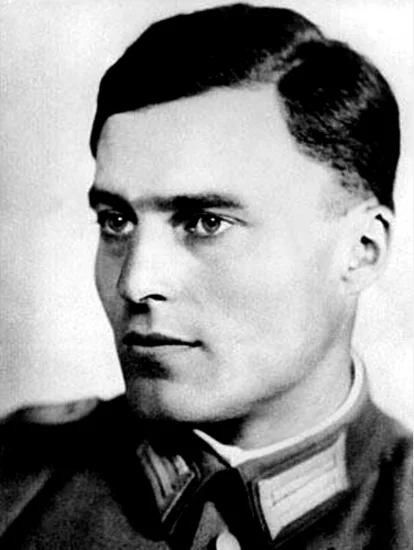
Claus von Stauffenberg and four fellow conspirators faced execution for their failed assassination attempt on Adolf Hitler. Their deaths marked the beginning of brutal Nazi reprisals against the German resistance movement.
The executions eliminated key leaders of the military opposition to Hitler’s regime. Nazi authorities would eventually execute over 200 people connected to the plot, decimating organized resistance within Germany.
1972 – Provisional IRA Detonates 22 Bombs in Belfast
The Provisional IRA orchestrated a devastating bombing campaign across central Belfast, detonating 22 explosive devices within 80 minutes. The coordinated attacks killed nine civilians and wounded 130 others in what became known as Bloody Friday.
The bombing campaign represented one of the most intensive terrorist attacks in Northern Ireland’s history. The civilian casualties turned public opinion against the IRA and intensified British military operations in Belfast.
1977 – Libyan-Egyptian War Begins
Libya and Egypt commenced a four-day military conflict that would strain relations between the two Arab nations. The war erupted from growing tensions over Egyptian President Sadat’s peace initiatives with Israel.
Border clashes escalated into full-scale combat involving air strikes and ground operations. The brief but intense conflict highlighted the deep divisions within the Arab world over approaches to the Israeli-Palestinian conflict.
Science and Discovery Milestones on July 21
1961 – Gus Grissom Becomes Second American in Space
Astronaut Gus Grissom piloted Liberty Bell 7 on a suborbital flight, becoming the second American to reach space. The Mercury-Redstone mission demonstrated America’s growing capabilities in the space race against the Soviet Union.
Technical problems during splashdown caused the spacecraft to sink, nearly drowning Grissom in the Atlantic Ocean. Despite the harrowing experience, the mission provided crucial data for future manned space flights.
1969 – Neil Armstrong Takes First Steps on Moon
At 02:56 UTC, Neil Armstrong became the first human being to walk on the lunar surface, followed nineteen minutes later by Buzz Aldrin. Their historic moonwalk fulfilled President Kennedy’s promise to land Americans on the Moon before 1970.
The Apollo 11 mission represented humanity’s greatest technological achievement, watched by an estimated 650 million people worldwide. Armstrong’s famous words, “That’s one small step for man, one giant leap for mankind,” captured the moment’s profound significance.
1970 – Aswan High Dam Completed in Egypt

After eleven years of construction, Egypt completed the massive Aswan High Dam project on the Nile River. The engineering marvel provided flood control, hydroelectric power, and irrigation water for millions of Egyptians.
The dam’s construction required relocating ancient archaeological sites, including the famous Abu Simbel temples. The project fundamentally transformed Egypt’s economy and agricultural productivity while creating one of the world’s largest artificial lakes.
1983 – Record Low Temperature Recorded in Antarctica
Scientists at Vostok Station recorded the world’s lowest temperature in an inhabited location at -89.2°C (-128.6°F). The extreme measurement highlighted Antarctica’s role as Earth’s most inhospitable continent.
The record-breaking temperature provided valuable data for climate research and atmospheric studies. The measurement remained the official world record for surface temperature, demonstrating the extreme conditions scientists endure in polar research.
Cultural and Arts Events on July 21
1925 – Scopes Trial Finds Teacher Guilty of Teaching Evolution
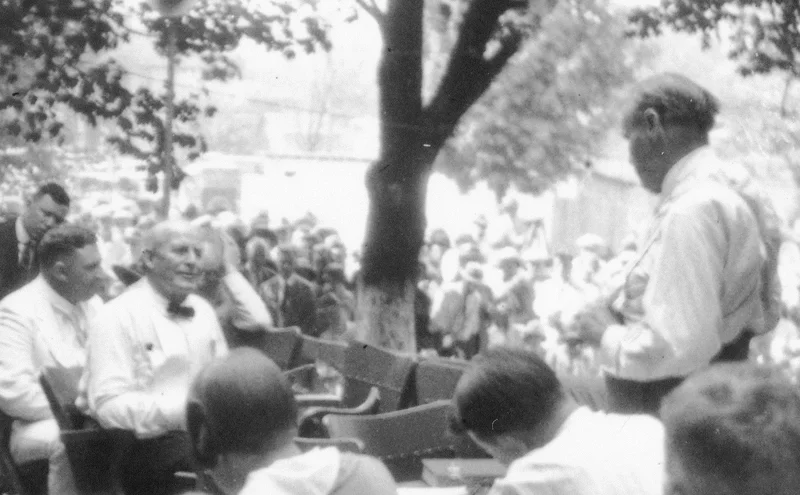
High school biology teacher John T. Scopes was found guilty of teaching human evolution in Tennessee and fined $100. The trial became a landmark confrontation between religious fundamentalism and scientific education in American schools.
The “Monkey Trial” attracted national attention and featured prominent attorneys William Jennings Bryan and Clarence Darrow. The case highlighted the growing tension between traditional religious beliefs and modern scientific understanding.
1979 – Jay Silverheels Receives First Native American Star on Hollywood Walk of Fame
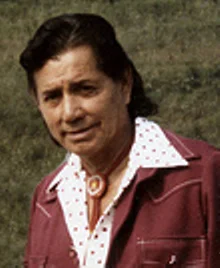
Mohawk actor Jay Silverheels became the first Native American to receive a commemorative star on the Hollywood Walk of Fame. His recognition broke barriers for indigenous representation in American entertainment industry.
Silverheels gained fame playing Tonto in “The Lone Ranger” television series and films. His star represented a significant milestone in acknowledging Native American contributions to popular culture.
2023 – Barbenheimer Phenomenon Begins
Two contrasting major motion pictures, Greta Gerwig’s “Barbie” and Christopher Nolan’s “Oppenheimer,” premiered simultaneously, creating an unexpected cultural phenomenon. Audiences embraced both films as an informal double feature rather than choosing sides.
The Barbenheimer phenomenon demonstrated how seemingly incompatible entertainment could complement each other. The event became a social media sensation and revitalized theatrical movie-going during the post-pandemic recovery.
Religious and Social Events on July 21
1964 – Racial Riots Erupt in Singapore
A series of racial riots broke out in Singapore, ultimately claiming 23 lives and injuring 454 people over six weeks. The violence exposed deep ethnic tensions between Malay and Chinese communities in the newly independent nation.
The riots prompted significant changes in Singapore’s approach to racial harmony and multiculturalism. Government policies implemented after the violence helped establish Singapore’s reputation for ethnic tolerance and stability.
1976 – British Ambassador to Ireland Assassinated

Christopher Ewart-Biggs, the British ambassador to the Republic of Ireland, was killed by a Provisional IRA bomb. The assassination occurred just weeks after he had taken up his diplomatic post in Dublin.
The killing represented a significant escalation in IRA attacks on British diplomatic personnel. The ambassador’s death strained relations between London and Dublin during a critical period in Northern Ireland peace negotiations.
2019 – Yuen Long Attack Occurs in Hong Kong

Triad members indiscriminately attacked civilians returning from pro-democracy protests while police failed to intervene. The “721 incident” became a defining moment in Hong Kong’s pro-democracy movement, highlighting police inaction against pro-Beijing violence.
The attack occurred at Yuen Long MTR station as protesters returned from peaceful demonstrations. Video footage showing police absence during the violence sparked international condemnation and intensified pro-democracy activism.
Business and Economic Events on July 21
2010 – President Obama Signs Dodd-Frank Wall Street Reform Act

President Barack Obama signed the most comprehensive financial reform legislation since the Great Depression into law. The Dodd-Frank Act created new regulatory frameworks designed to prevent future financial crises and protect consumers.
The legislation established the Consumer Financial Protection Bureau and implemented stricter oversight of major financial institutions. The reforms aimed to address the regulatory failures that contributed to the 2008 financial crisis.
2012 – Erden Eruç Completes First Solo Human-Powered World Circumnavigation
Turkish-American adventurer Erden Eruç became the first person to circumnavigate the globe using only human power. His epic journey involved rowing, cycling, and walking across six continents and three oceans over five years.
Eruç’s achievement required extraordinary physical endurance and meticulous planning across multiple countries and climates. His circumnavigation raised awareness for environmental causes while demonstrating human potential for sustainable transportation.
1959 – NS Savannah Nuclear Cargo Ship Launched

The NS Savannah became the world’s first nuclear-powered cargo-passenger vessel, launched as part of President Eisenhower’s “Atoms for Peace” program. The ship demonstrated peaceful applications of nuclear technology for commercial transportation.
The vessel served as a floating ambassador for American nuclear technology and peaceful atomic energy. Despite technical success, high operating costs prevented widespread adoption of nuclear-powered merchant ships.
Transportation and Infrastructure on July 21
1904 – Louis Rigolly Breaks 100 MPH Land Speed Barrier
French driver Louis Rigolly became the first person to exceed 100 mph on land, driving a 15-liter Gobron-Brillié in Ostend, Belgium. His achievement marked a crucial milestone in automotive speed records and engineering capabilities.
The speed record demonstrated the rapid advancement of internal combustion engine technology. Rigolly’s accomplishment inspired further attempts to push the boundaries of automotive performance and design.
1925 – Malcolm Campbell Exceeds 150 MPH at Pendine Sands
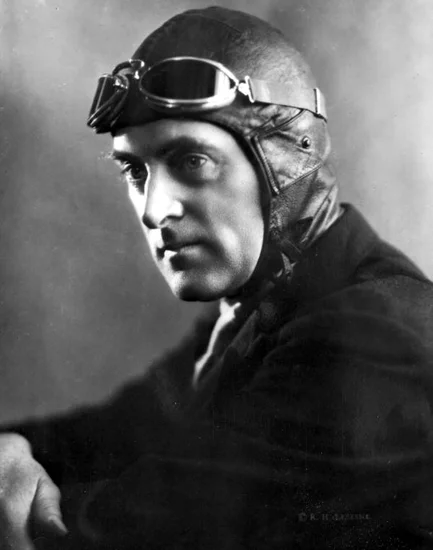
British speed record holder Malcolm Campbell became the first person to exceed 150 mph on land, achieving 150.33 mph at Pendine Sands in Wales. He drove the Sunbeam 350HP in his relentless pursuit of automotive speed records.
Campbell’s achievement established him as the premier land speed record holder of his era. His success at Pendine Sands contributed to the location’s reputation as a premier venue for high-speed automotive testing.
1907 – SS Columbia Passenger Steamer Collision
The passenger steamer SS Columbia collided with the steam schooner San Pedro off California’s coast, killing 88 people. The maritime disaster highlighted the dangers of coastal shipping routes and the need for improved navigation safety.
The collision occurred in fog near Shelter Cove, demonstrating the hazards faced by early twentieth-century maritime transportation. The tragedy led to enhanced safety protocols for passenger vessels operating along the Pacific coast.
2011 – NASA Space Shuttle Program Concludes
Space Shuttle Atlantis landed at Kennedy Space Center, completing mission STS-135 and ending NASA’s 30-year Space Shuttle program. The final landing marked the conclusion of one of America’s most ambitious space exploration initiatives.
The shuttle program had conducted 135 missions, built the International Space Station, and deployed numerous satellites and space probes. Atlantis’s final touchdown represented the end of an era in human spaceflight and American space exploration.
Sports and Recreation on July 21
1959 – Pumpsie Green Breaks Boston Red Sox Color Barrier

Elijah Jerry “Pumpsie” Green became the first African-American player for the Boston Red Sox, the last major league team to integrate. He entered the game as a pinch runner and remained as shortstop in a 2-1 loss to Chicago.
Green’s debut ended the Red Sox’s distinction as baseball’s last all-white team, twelve years after Jackie Robinson broke baseball’s color barrier. His appearance marked a significant milestone in sports civil rights and American social progress.
2001 – Akashi Fireworks Disaster Kills 11 in Japan
A pedestrian bridge collapse following a fireworks display at Okura Beach killed 11 people and injured over 120 others. The tragedy occurred when overcrowding caused people to fall in a devastating domino effect.
The disaster highlighted the dangers of inadequate crowd control at large public events. The incident led to significant improvements in crowd management and public safety protocols at festivals throughout Japan.
2005 – London Transport Targeted in Failed Bomb Attacks
Four attempted bomb attacks by Islamic extremists disrupted London’s public transportation system exactly two weeks after the successful 7/7 bombings. The failed attacks involved explosive devices on three Underground trains and one bus.
The attempted bombings caused widespread panic and transport disruption across London. The quick response by emergency services and the public demonstrated the city’s resilience in the face of terrorist threats.
Notable Births on July 21
1920 – Isaac Stern, Russian-American Violinist
Isaac Stern was born in Kremenets, Russia, beginning a life that would establish him as one of the twentieth century’s greatest violinists. His family immigrated to San Francisco when he was ten months old, where he would develop his extraordinary musical talents.
Stern’s career spanned over five decades, during which he performed with every major orchestra worldwide. His advocacy for music education and cultural preservation, including saving Carnegie Hall from demolition, cemented his legacy beyond performance.
1948 – Cat Stevens, English Singer-Songwriter

Steven Demetre Georgiou, known professionally as Cat Stevens, was born in London to Greek and Swedish parents. His multicultural background would influence his music and spiritual journey throughout his remarkable career.
Stevens achieved international fame with folk-rock hits like “Peace Train” and “Father and Son” before converting to Islam. His spiritual transformation led to a temporary retirement from music, though he later returned to recording and performing.
1951 – Robin Williams, American Actor and Comedian

Robin McLaurin Williams was born in Chicago, Illinois, destined to become one of America’s most beloved entertainers. His rapid-fire improvisational skills and emotional depth would revolutionize both comedy and dramatic acting.
Williams’ career encompassed stand-up comedy, television success in “Mork & Mindy,” and acclaimed film performances. His roles in “Good Will Hunting,” “Dead Poets Society,” and “Mrs. Doubtfire” showcased his remarkable range and humanity.
1961 – Jon Lovitz, American Comedian and Actor
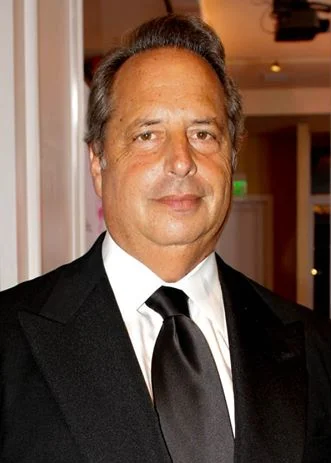
Jonathan Michael Lovitz was born in Tarzana, California, and would become a cornerstone of “Saturday Night Live” comedy. His distinctive voice and character work made him one of the show’s most memorable cast members.
Lovitz’s SNL characters, including the Pathological Liar and Master Thespian, became comedy classics. His transition to films and voice acting demonstrated his versatility as a performer and comedian.
1971 – Charlotte Gainsbourg, English-French Actress and Singer

Charlotte Lucy Gainsbourg was born in London to French singer Serge Gainsbourg and English actress Jane Birkin. Her multicultural heritage positioned her for success in both French and international entertainment.
Gainsbourg established herself as a serious actress in films by Lars von Trier and other acclaimed directors. Her music career has produced several critically acclaimed albums, continuing her father’s artistic legacy.
1978 – Josh Hartnett, American Actor

Joshua Daniel Hartnett was born in Saint Paul, Minnesota, and would become one of Hollywood’s most recognizable leading men. His breakthrough role in “The Faculty” launched a career spanning multiple genres and decades.
Hartnett’s performances in “Pearl Harbor,” “Black Hawk Down,” and “Lucky Number Slevin” established him as a versatile actor. His selective approach to roles demonstrated his commitment to artistic integrity over commercial success.
1981 – Paloma Faith, English Singer-Songwriter and Actress

Paloma Faith Blomfield was born in London, developing a distinctive style that would blend vintage aesthetics with contemporary music. Her theatrical background influences both her musical performances and visual presentation.
Faith’s debut album achieved platinum status, establishing her as a major force in British popular music. Her unique voice and artistic vision have earned critical acclaim and commercial success throughout her career.
2000 – Erling Haaland, Norwegian Footballer

Erling Braut Haaland was born in Leeds, England, to Norwegian parents, beginning a life that would see him become one of football’s most prolific goal scorers. His early development in Norway’s youth system showcased his exceptional talent.
Haaland’s career trajectory took him through Austrian and German clubs before joining Manchester City. His goal-scoring records at every level have established him as one of the world’s most valuable and sought-after players.
Notable Deaths on July 21
1944 – Claus von Stauffenberg, German Resistance Leader
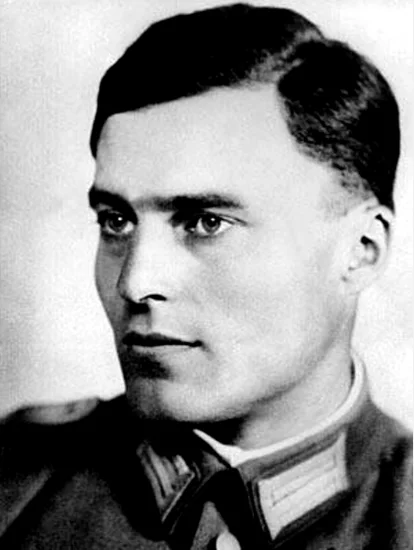
Claus Philipp Maria Justinian Schenk Graf von Stauffenberg was executed for his role in the failed July 20 plot to assassinate Adolf Hitler. Born in 1907, he had served as a decorated Wehrmacht officer before joining the resistance movement.
Stauffenberg’s execution marked the end of the most serious internal threat to Hitler’s regime. His courage in attempting to end Nazi rule made him a symbol of German resistance and moral courage during the darkest period of German history.
1967 – Basil Rathbone, South African-American Actor

Philip St. John Basil Rathbone died at age 75, ending a distinguished career that made him the definitive Sherlock Holmes for generations of fans. Born in South Africa in 1892, he became one of Hollywood’s most recognizable character actors.
Rathbone’s portrayal of Holmes in fourteen films established the character’s visual and vocal characteristics for decades. His performances in classic films like “The Adventures of Robin Hood” demonstrated his versatility as a dramatic actor.
1998 – Alan Shepard, American Astronaut and Admiral

Alan Bartlett Shepard Jr. died at age 74, having achieved the distinction of being the first American in space and the fifth person to walk on the Moon. Born in 1923, he became a symbol of American space exploration and military service.
Shepard’s suborbital flight in 1961 marked America’s entry into human spaceflight competition with the Soviet Union. His later command of Apollo 14 and famous golf shot on the lunar surface demonstrated his enduring impact on space exploration.
1998 – Robert Young, American Actor

Robert George Young died at age 91, having embodied the ideal American father in television and film for over four decades. Born in 1907, he became synonymous with wholesome family entertainment.
Young’s starring roles in “Father Knows Best” and “Marcus Welby, M.D.” made him one of television’s most trusted and beloved figures. His performances helped define the medium’s early approach to family programming and medical dramas.
2005 – Long John Baldry, English-Canadian Singer

John William Baldry died at age 64, having influenced generations of British blues and rock musicians throughout his career. Born in 1941, he became a pivotal figure in the British blues revival of the 1960s.
Baldry’s mentorship of young musicians like Elton John and Rod Stewart helped shape the sound of British rock music. His powerful voice and stage presence made him a legendary figure in blues and rock circles.
2020 – Tony Bennett, American Singer
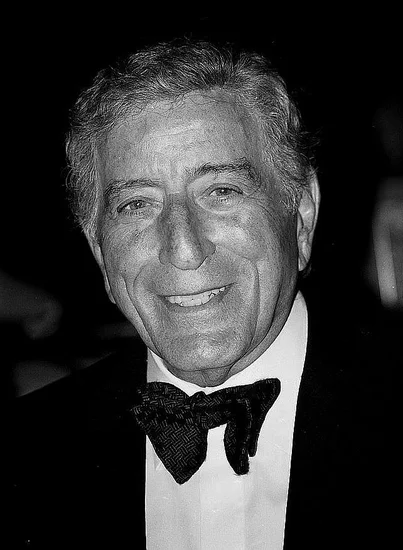
Anthony Dominick Benedetto, known professionally as Tony Bennett, died at age 96, ending one of the longest and most successful careers in American popular music. Born in 1926, he became the last great interpreter of the American songbook.
Bennett’s career spanned eight decades, during which he won 20 Grammy Awards and sold over 50 million records worldwide. His collaborations with younger artists and commitment to jazz standards kept traditional American music alive for new generations.
Holidays and Observances on July 21
Belgian National Day
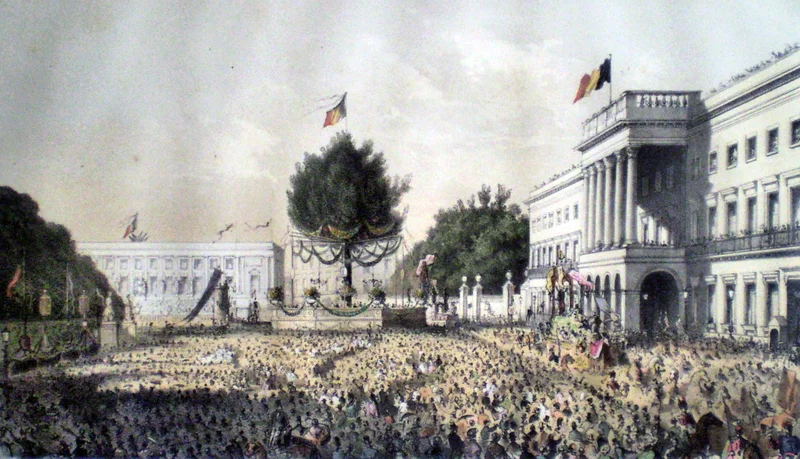
Belgium celebrates its National Day on July 21st, commemorating King Leopold I’s oath to uphold the Belgian constitution in 1831. The day marks Belgium’s emergence as an independent constitutional monarchy following the Belgian Revolution of 1830.
The celebration includes military parades, ceremonies, and cultural events throughout the country. Brussels hosts the main festivities, featuring the royal family and representatives from Belgium’s linguistic communities in a display of national unity.
Liberation Day in Guam
Guam observes Liberation Day on July 21st, commemorating the American liberation of the island from Japanese occupation in 1944. The day honors both the Chamorro people who suffered under occupation and the American forces who fought to reclaim the territory.
The celebration includes military ceremonies, cultural performances, and community gatherings throughout the island. The observance serves as a reminder of Guam’s strategic importance and the sacrifices made during World War II.
Racial Harmony Day in Singapore

Singapore marks Racial Harmony Day on July 21st, commemorating the racial riots of 1964 and promoting ethnic tolerance and understanding. The day serves as a reminder of the importance of maintaining harmony among Singapore’s diverse racial and religious communities.
Schools and organizations conduct special programs highlighting Singapore’s multicultural heritage and the ongoing need for racial understanding. The observance reinforces national values of tolerance, respect, and unity among different ethnic groups.
